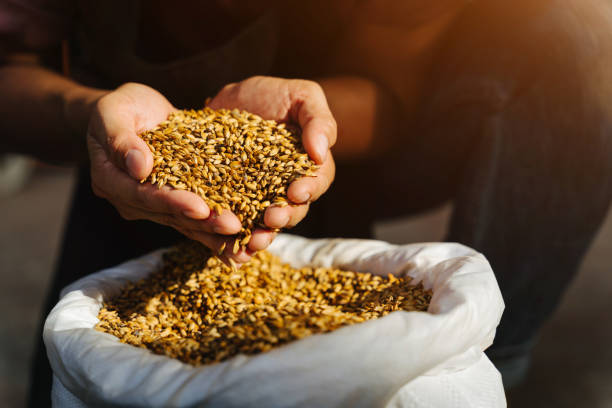AT THE END OF THE MONTH (I)

In the Name of Allāh.
As this year’s blessed month of Ramaḍān approaches its end, it is a commendable tradition to bid farewell to it with ‘Eid, which has three primary obligations: giving Zakāt al-Fiṭr, participating in Dhikr (which includes saying Takbīrat), and performing Ṣalāh Al-‘Eid. I will start with a discussion on Zakāt al-Fiṭr, while the topics of the ‘Eid prayer and engaging in Takbīrat will follow.
The purpose of Zakāt al-Fiṭr is to bring us closer to Allāh, to express our gratitude to Him, to strengthen our faith (Eemān), to earn significant rewards for our good deeds, to assist the needy among Muslims, and to purify those who have fasted from any idle talk or inappropriate language they may have engaged in during the fast.
Ibn Rajab al-Ḥanbalī (Raḥimahullāh) noted the following when reflecting on the conclusion of Ramaḍān: ‘Umar Ibn ‘Abd al-‘Azīz directed major cities to end Ramaḍān through seeking forgiveness and charity — referring to Zakāt al-Fiṭr. This Zakāt acts as a means of purification for the fasting individual from any undesirable speech or actions. Seeking forgiveness is a way to rectify what has been eaten up by negative language and deeds during the fast. [Latā’if Al-Ma’ārif, pg. 383]
Every financially capable Muslim indeed should give Zakāt al-Fiṭr after Ramaḍān (before the ‘Eid prayer), utilizing the staple foods from their respective countries. ‘Abdullāh Ibn ‘Umar reported: The Messenger of Allāh (ﷺ) obligated the payment of Zakāt al-Fiṭr at the end of Ramaḍān, which is a Sa’a (PORTION) of dates or barley, applicable to both slaves and free individuals, regardless of gender or age among the Muslims. The Prophet instructed that this should be given before people set out for the ‘Eid prayer. [Ṣaḥīḥ al-Bukhārī 1503, Ṣaḥīḥ Muslim 986]
In fact, the prayer can slightly be delayed to allow sufficient time for the observance of Zakāt al-Fiṭr. By Allāh’s Will, I will continue this discussion tomorrow.
I beseech Allāh to keep us steadfast in goodness. Aameen.
Picture Credit: Gettyimages



